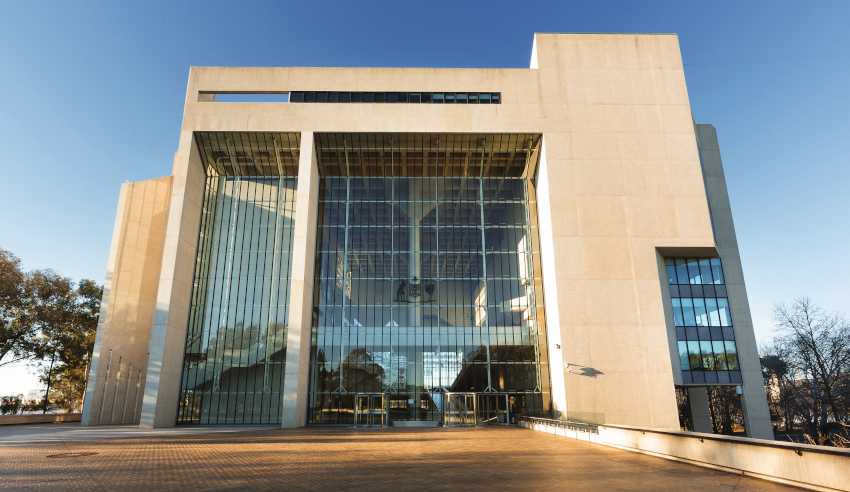Trial judges should not voice opinions to juries on disputes of fact: High Court
Obiter dicta from the High Court of Australia yesterday made clear that trial judges should avoid commenting on or advising how disputed questions of fact should be resolved, given the risk of unfairness and miscarriage of justice.

The case before the five-person bench – comprising Justices Virginia Bell, Stephen Gageler, Patrick Keane, Michelle Gordon and James Edelman – was an appeal from a man convicted in the District Court of NSW on charges of drug trafficking, and sentenced to 18 years and nine months’ imprisonment, with a non-parole period of 11 years and nine months.
To continue reading the rest of this article, please log in.
Create free account to get unlimited news articles and more!
The appeal – launched on the sole ground that the trial judge’s “summing up to the jury caused a miscarriage of justice” – was dismissed by the Court of Criminal Appeal in NSW (with a dissenting opinion by Beech-Jones J), before reaching the High Court.
In a joint opinion, Justices Virginia Bell, Patrick Keane, Michelle Gordon and James Edelman JJ said the risk of unfairness, to either side, involved in a trial judge’s right to comment that goes as far as suggesting how disputed questions of fact should be resolved is such that “that risk should not be courted by trial judges”.
“Further, there may be cases where a trial judge’s comments suggest that questions of disputed fact should be resolved by the jury in favour of the defence.
Because there is, generally speaking, no appeal from a verdict of acquittal by the jury, the unfairness to the prosecution in such a case could not be remedied,” the joint opinion read.
“It is desirable to clarify the position with a view to ensuring that injustice of this kind does not occur.”
In the present case, the four justices noted that a trial judge’s role is to sum up the case presented by both the prosecution and the accused for the jury, after both sides have addressed the jury. The trial judge’s observations in this case, concerning the appellant’s online gambling losses, “went beyond necessary correction and were such as gratuitously to belittle the appellant’s counsel”.
The NSW Criminal Court of Appeal said that the trial judge’s summing up did not amount to a miscarriage of justice as “this was a very strong Crown case”, the High Court said, “but the lack of balance in the comments by the trial judge cannot be justified as no more than a reflection of the relative strengths of the arguments made by each side”.
“In some cases where the prosecution case is strong, even a neutral summary of that case by the trial judge may sound adverse to the accused, but there is a real and well-recognised difference between the statement of a case and the advocacy of that case,” the dicta continued.
A trial judge’s ability to comment on the facts of a case “is not some form of entitlement standing free of constraints”, the four justices continued.
“Where a trial judge’s summing-up so favours the prosecution as to deny the accused a fair trial, the miscarriage of justice that results cannot be justified or excused by invoking the judge's ‘right’ to comment on the facts.”
As such, the High Court concluded that Beech-Jones J of the NSW CCA – who dissented in the earlier dismissed appeal – was right to conclude “that the trial judge’s summing-up was so unfair in its lack of balance that a miscarriage of justice occurred”.
In light of such a determination, the conviction against the appellant was quashed, and a new trial ordered.






